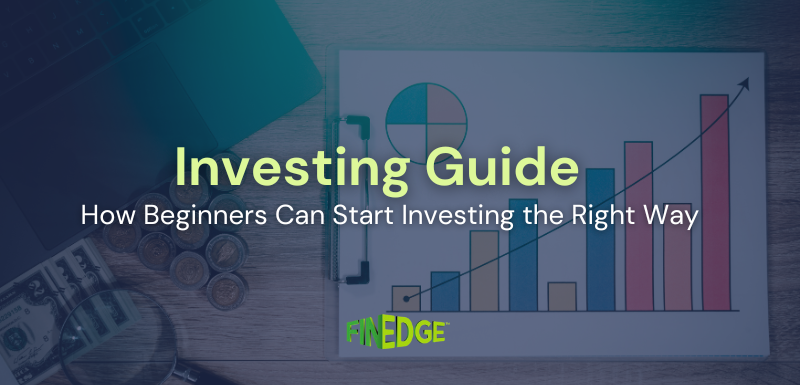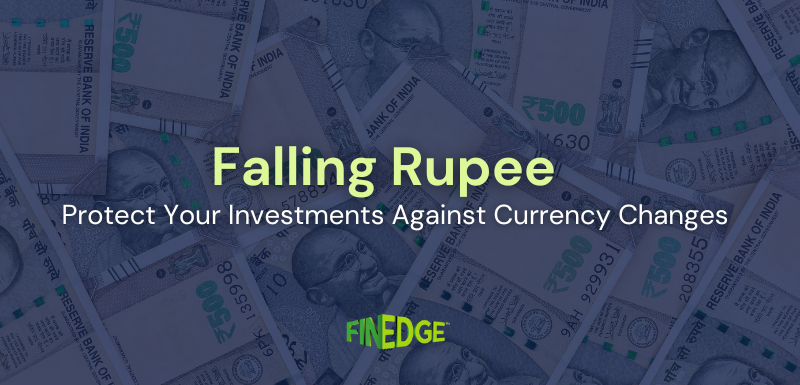India’s Decade: Investing with Conviction in a High-Trust Market
- India’s structural growth story rewards long-term investment strategy over short-term market moves.
- Investor behaviour, not market timing, often determines real outcomes.
- Staying invested through volatility builds conviction and trust in the plan.
- Platforms that offer guidance and personalization can help investors align with long-term goals.
Avinash Satwalekar is the President of Franklin Templeton Asset Management (India), bringing with him over two decades of global investing experience. An industry veteran with a deep understanding of emerging markets, he has led investment businesses across India, Malaysia, and Vietnam. Known for combining strategic clarity with operational depth, he has managed portfolios, led joint ventures, and built investment teams from the ground up. A passionate believer in long-term investing and thoughtful leadership, his journey reflects the power of staying invested with purpose and conviction.
There’s something remarkable unfolding in India. It’s not just about GDP numbers or stock market highs. It’s about belief. Over the last two decades in investment management, across markets and cycles, I’ve seen how rarely stories like India’s come. A demographic advantage, policy continuity, infrastructure momentum, and a growing middle class, all converging at the right time. But here’s the truth: even when the macro is in your favour, long-term wealth creation still demands something far more personal, conviction with patience.
Why Belief Matters More Than Performance
We often assume that good returns are the result of clever stock picking or perfect market timing. But more often than not, they are the outcome of consistent behaviour, a well-laid plan, and the discipline to stick to it when things get uncomfortable. Over the past year, I’ve looked at SIP data closely. There’s a trend that stands out —SIP stoppage rates rise during bouts of volatility. It’s not that the India story changed. It’s that investors lost their belief. Or perhaps, never built it in the first place.
Investing is easy to start, but as Morgan Housel puts it in his book “The Psychology of Money,” wealth creation is less about finance or money, it is more about investor behaviour. Hence, in high-trust markets like India, it’s conviction and discipline that make the difference between reacting and staying the course.
India’s Moment Requires Long-Term Thinking
India isn’t a tactical story. It’s a structural one. Investors who treat it as a short-term opportunity might likely miss the depth of what’s unfolding. We’re not just talking about market-cap growth. We’re talking about fundamental shifts in consumption patterns, household financialization, digital adoption, and infrastructure spending. These trends don’t play out over quarters. They play out over decades. To benefit from that, we need to start replacing return-chasing with goal-based or purpose-led investing. That means aligning portfolios with long-term goals, not just near-term sentiment.
The Trust Gap in Investing
One of the things I’ve found consistent across geographies is: markets recognise value over time, but investors allow their emotions to prevent them from realising that value! The gap between what the asset class delivers and what the investor receives often comes down to
behaviour. And behaviour doesn’t change with information alone. It changes with trust. The real question is, do investors trust the process? Do they trust their platform or expert enough to stay the course? Do they believe in their own plan, beyond the headlines? Platforms that enable personalised, collaborative investing, where the investor is a participant, not a bystander, will define this next chapter of Indian wealth creation.
Technology can enable scale and structure. But it’s expert insight, and the ability to navigate emotions during volatility through hand-holding, that builds belief
It’s Not about Predicting Outcomes. It’s About Preparing for Them.
Every few years, we’re reminded that markets can be irrational. And yet, we continue to act surprised when volatility returns. The role of a long-term investor is not to predict when the next correction or rally will happen. It is to be prepared for both by having a plan that is robust, not reactive, and investing with consistency amid volatility.
That’s why I believe so deeply in investing frameworks that are built around goals. When you’re investing for your child’s education, your retirement, or a legacy you want to leave, every decision starts to look different. You don’t pull out of your SIP because of a policy
shift. You don’t time the market because small-caps are running hot. You stay invested because your purpose is clear.
A Generation of Better Investors
India doesn’t just need more investors. It needs better investors, ones who invest with clarity, and understand that conviction is built, not bought. Ones who invest based on goals! This decade offers that opportunity. But only to those who are willing to trade noise for nuance. To think long-term in a short-term world. To replace thrill-seeking with thoughtful planning. Investing with conviction isn’t about being bold. It’s about being clear. About what you believe, what you’re working toward, and who you trust to walk the path with you.
India is ready.
The question is — are we?
The information/data herein alone is not sufficient and shouldn’t be used for the development or implementation of an investment strategy. It should not be construed as investment advice to any party. Readers shall be fully responsible/liable for any decision taken on the basis of this article. Past performance may or may not be sustained in the future.
Mutual Fund investments are subject to market risks. Read all scheme-related documents carefully.
FAQs
Your Investing Experts
Continue Reading
Beginner Investing Guide: How to Start Investing the Right Way
Investing for beginners can feel both exciting and overwhelming. With constant news about markets, social media opinions, and stories of quick gains, first-time investors often struggle to separate what truly matters from what is simply noise.
How to Save More From Everyday Expenses and Invest More Consistently
Spending smarter, timing purchases better, and being intentional with recurring expenses can create a steady surplus that can be channelled into long-term investments.
Rupee Falling? How to Protect and Grow Your Investments
When the rupee weakens, it often creates anxiety for investors. But currency depreciation is not an anomaly; it is a recurring phase in every long-term economic cycle. The real question is not whether the rupee will fall, but how investors should respond to it without derailing their long-term financial goals.




